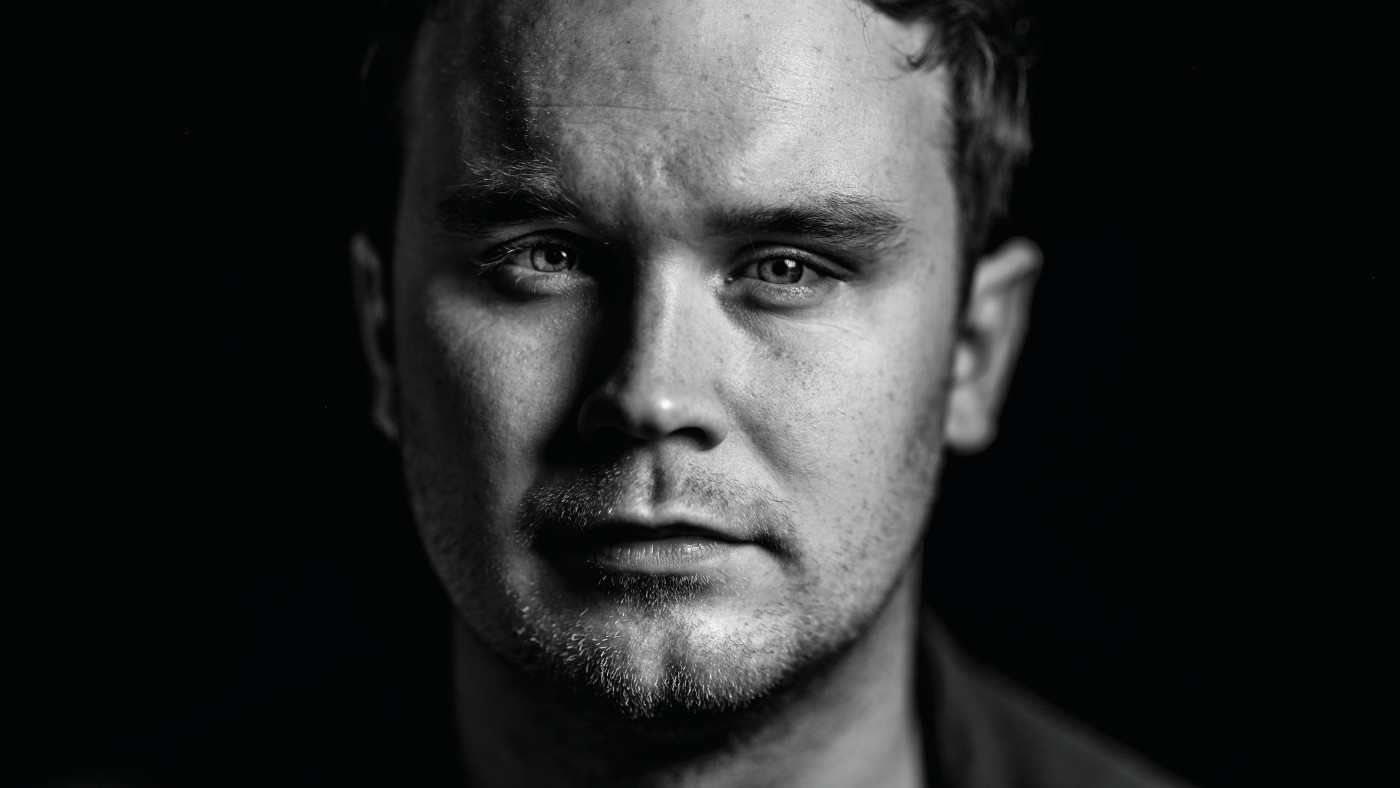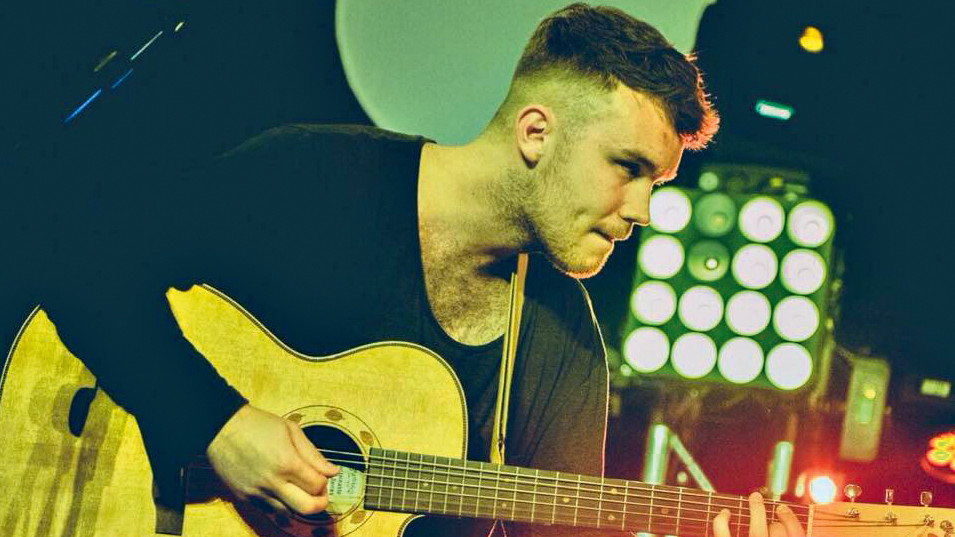Sam Kelly: “There’s a lot of amazing folk guitarists who I’m absolutely certain are closet metalheads”
The folk singer-songwriter on being a young buck in the oldest scene

Want all the hottest music and gear news, reviews, deals, features and more, direct to your inbox? Sign up here.
You are now subscribed
Your newsletter sign-up was successful
For an artist whose repertoire includes songs rooted in Britain’s pre-industrial past, 26-year old Sam Kelly is a decidedly modern musician.
Whether performing with his rowdy ensemble The Lost Boys or reviving Cornish folk songs with south-west collective The Changing Room, the Bristol-based guitarist brings all the sensibilities of a contemporary singer-songwriter to bear on these traditional sounds, accompanied by his robust acoustic playing and a voice that could shame a nightingale.
While the rousing live performances of his group The Lost Boys were instrumental in confirming Sam’s reputation as a rising star (see their rock-infused take on trad sea shanty Greenland Whale), new album Changeable Heart, a collaboration with Nottingham multi-instrumentalist Ruth Notman, takes a softer approach.
The songs take pop and rock themes and try to make them work with traditional folk stuff
“I knew it would be a totally different thing, there were going to be a lot more ballad-y type songs,” Sam tells us.
“I play piano as well, but guitar is my first instrument. A lot of the tracks, I came up with the initial arrangement and melody on guitar, but with the piano in mind. That was one of the nice things about working with Ruth; she’s a pianist first and foremost, so she was obviously thinking about harmony in a slightly different way.”
For all that, it is Sam’s acoustic playing that gives Changeable Heart much of its warp and weft, from the nervy, lockstep picking on a bawdy rendition of The Cunning Cobbler, to the vibrant title track, an original composition that has more in common with the melodic rock swells of The Goo Goo Dolls’ Iris than it does any Ewan MacColl-penned heartbreaker, something Sam readily acknowledges.
“A lot of the songs we work on are riff-based, taking pop and rock themes from music I listened to when I was growing up and trying to make them work with traditional folk stuff,” he says.
Want all the hottest music and gear news, reviews, deals, features and more, direct to your inbox? Sign up here.
“When I was young and started picking up guitar it was because I wanted to be a rock star, listening to classic rock that my dad played in the car... Fleetwood Mac and Dire Straits. I still find that there’s a lot of similarities with the themes of folk and certain aspects of rock,” he suggests.
“Particularly heavy metal and prog-metal, in the complex nature of the time signatures, especially with the rhythm playing of people like Kris Drever and Lau. There’s a lot of amazing folk guitarists who I’m absolutely certain are closet metalheads.”
Folk faux pas
While Sam’s strength as an original songwriter is clear on Changeable Heart, his skill as an arranger is equally impressive, translating traditional folk compositions into something recognisably modern, something he points out we sometimes take for granted.
A lot of folk clubs around the country banned guitars before the 60s
“It’s a really interesting process, coming at it from a guitar angle when the songs weren’t designed for guitar. It was great for my development. When you’re researching old songs, just looking at the words and music, there are very few that will have a guitar arrangement in mind. A lot of folk clubs around the country banned guitars before the 60s!” he laughs. So how do you go about choosing which songs to work with? “Ironically, I’ve thought about it a lot but the conclusion that I’ve come to is to just not think about it.
“When you’re working with folk music, [there’s] a tendency to be a bit reverential, to think more about the songs you should be doing. It can be quite exclusive in terms of people saying, ‘Oh, well that’s not a proper folk song,’ so I just work on playing songs that I like.”
All of which raises an interesting point about the folk scene, particularly in the UK, one that is crowded with folk royalty who are still performing some of their best material well into later life: is it harder for young musicians to make an impact here than perhaps elsewhere?
“Definitely. There’s this unconscious element of musical patronisation in the folk scene, where a lot of the best people who are playing have literally been doing it for their entire lives. That gives you a wealth of experience, but there can be a tendency to discount people as serious musicians until they’re older,” he says.
“I have a lot of musician friends in their late 30s and 40s who are tired of being described as young upstarts. It doesn’t bother me that much. I’m 26, I’ve got another 20 years of being a young folk musician [laughs].”

The rhythm method
The Irish origins of Sam’s guitar style
“Guitar has always been a tool for accompaniment for me,” explains Sam.
“Whether that’s accompanying myself singing or accompanying tunes. I’m not a great guitar player by any means, but one of my main strengths is rhythm playing, and that comes from the first instrument I learned to play when I was a kid, which was bodhrán [an Irish drum], as my grandad was Irish. So that right-hand jig and reel rhythm that I play comes from that Irish influence.
“The strength of guitar for accompanying singing was something that really drew me to it in the first place, and it’s something I really enjoy doing, taking the bare bones of a melody and starting from square one with the guitar.”
Changeable Heart is out now on Pure Records.

